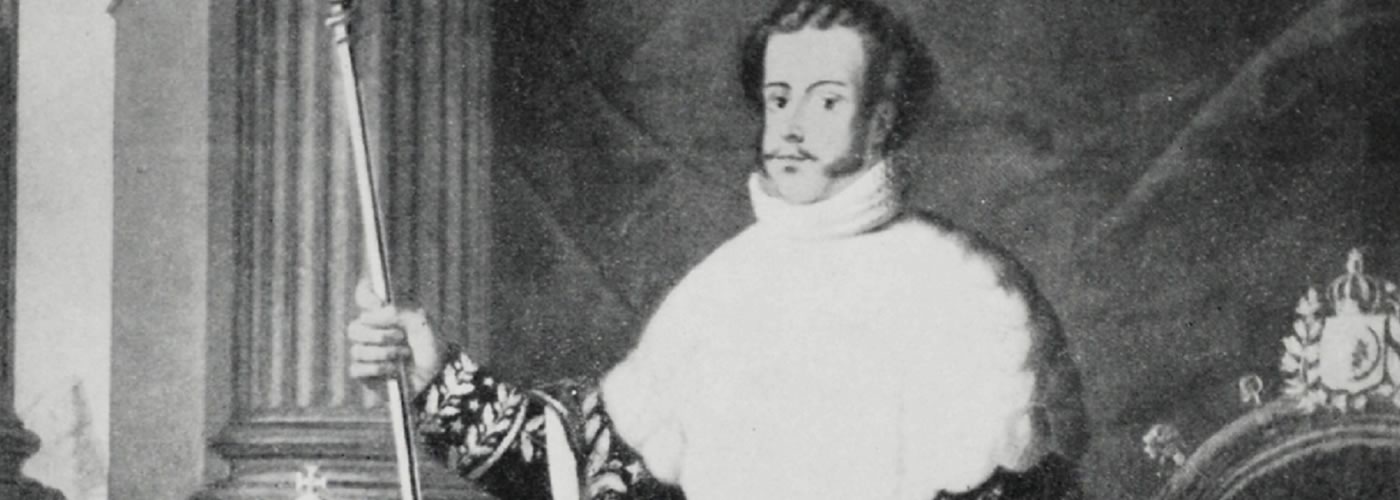We’re in the process of launching some exciting updates to improve your experience.
During this transition, you might notice a few quirks or glitches — but rest assured, we’re working quickly to smooth things out.
Want to learn more about what’s new? Find out here.
If you run into any issues, please don’t hesitate to contact us.




